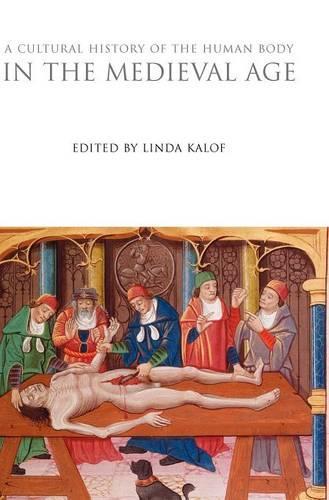
A Cultural History of the Human Body in the Medieval Age
(Hardback)
Available Formats
Publishing Details
A Cultural History of the Human Body in the Medieval Age
By (Author) Linda Kalof
Bloomsbury Publishing PLC
Berg Publishers
1st March 2012
United Kingdom
Classifications
Tertiary Education
Non Fiction
Cultural studies
Gender studies, gender groups
306.4610902
Physical Properties
Hardback
320
Width 172mm, Height 244mm
689g
Description
The Christian, Jewish and Muslim communities of medieval Western Europe conceived of the human body in manifold ways. The body was not a fixed or unmalleable mass of flesh but an entity that changed its character depending on its age, its interactions with its environment and its diet. For example, a slave would have been marked by her language, her name, her religion or even by a sign burned onto her skin, not by her color alone. Covering the period from 500 to 1500 and using sources that range across the full spectrum of medieval literary, scientific, medical and artistic production, this volume explores the rich variety of medieval views of both the real and the metaphorical body. A Cultural History of the Human Body in the Medieval Age presents an overview of the period with essays on the centrality of the human body in birth and death, health and disease, sexuality, beauty and concepts of the ideal, bodies marked by gender, race, class and age, cultural representations and popular beliefs and the self and society.
Author Bio
Linda Kalof is Professor of Sociology at Michigan State University and author of Looking at Animals in Human History and editor of A Cultural History of Animals (Berg, 2007).
